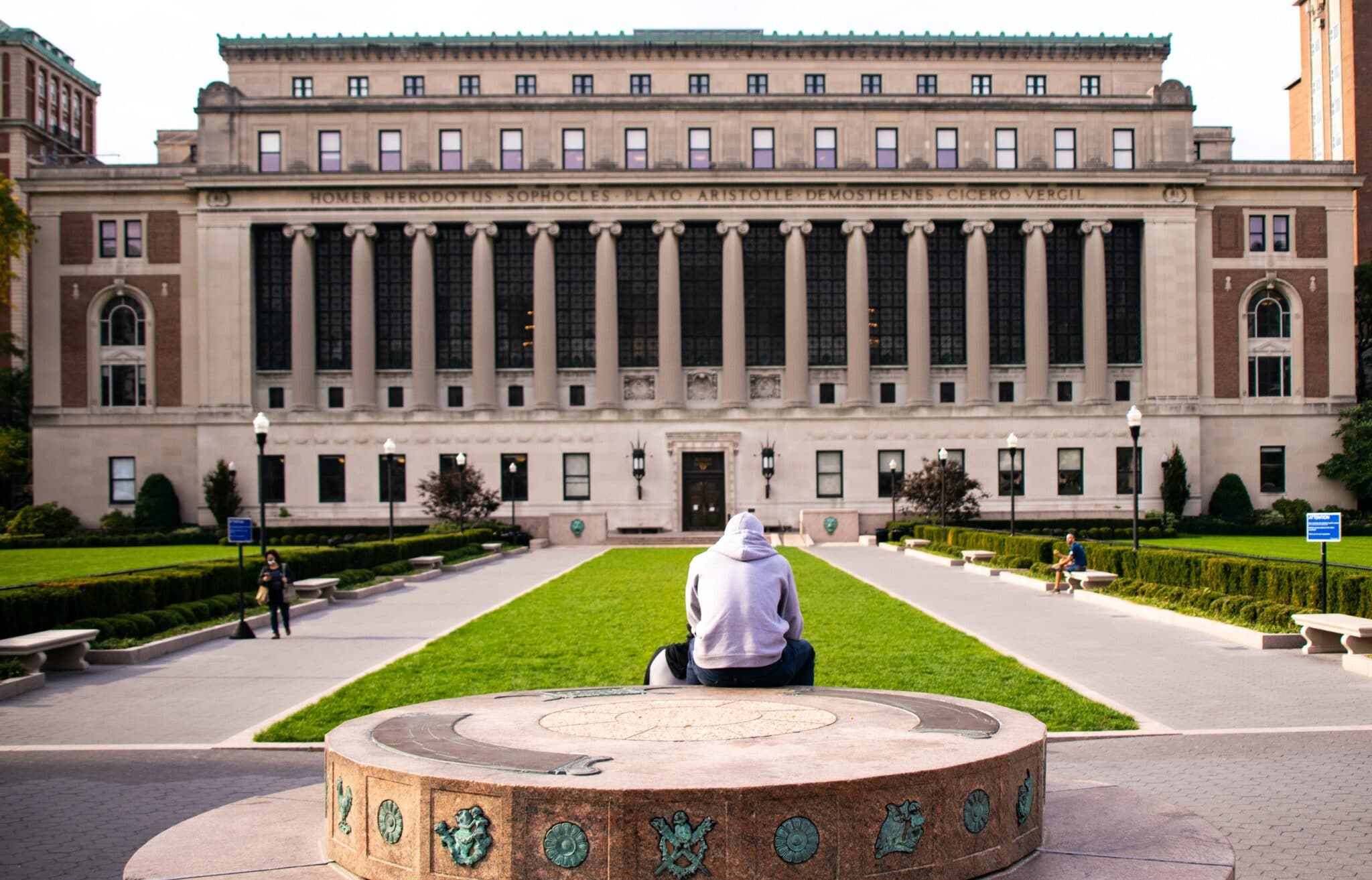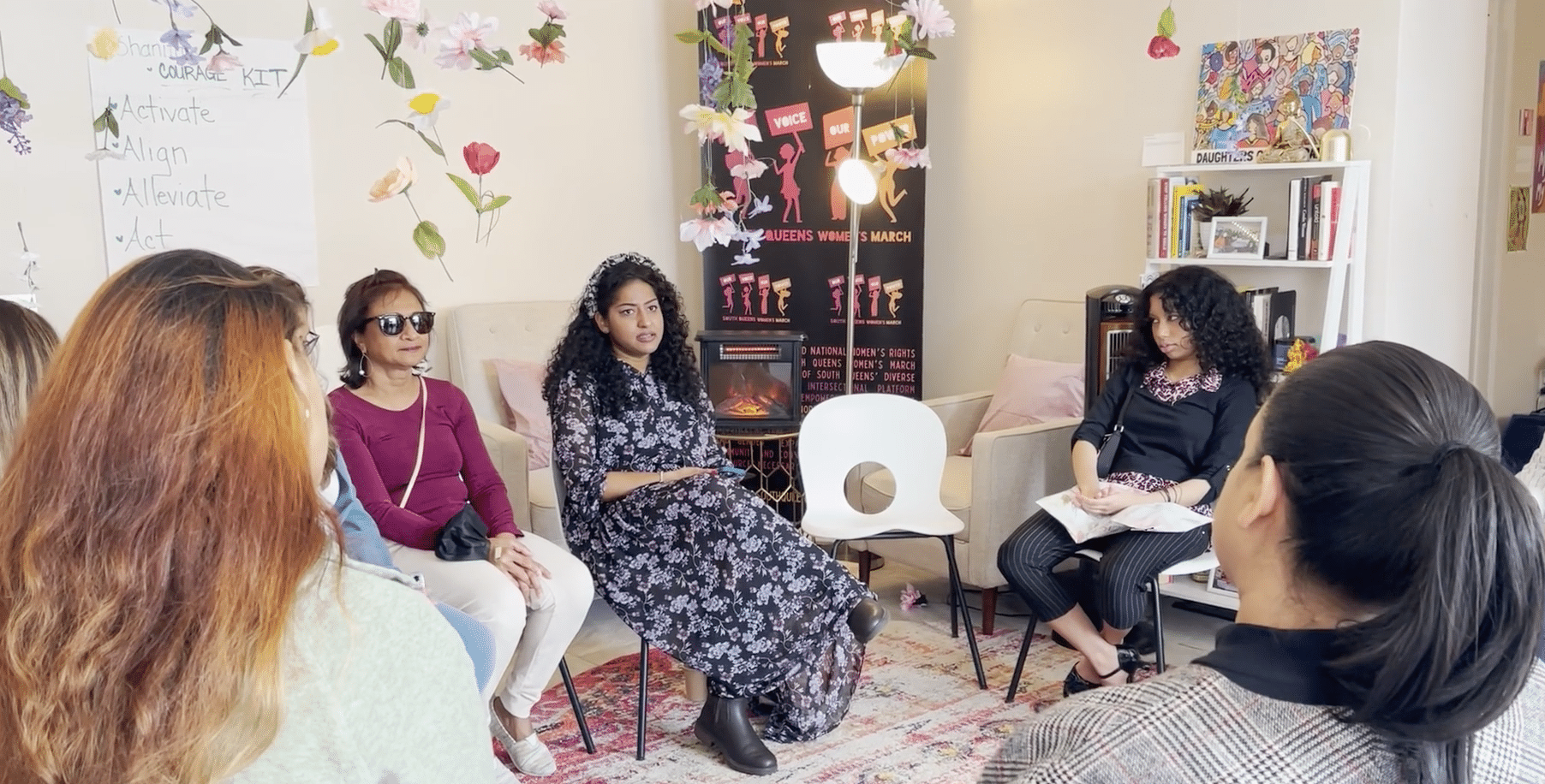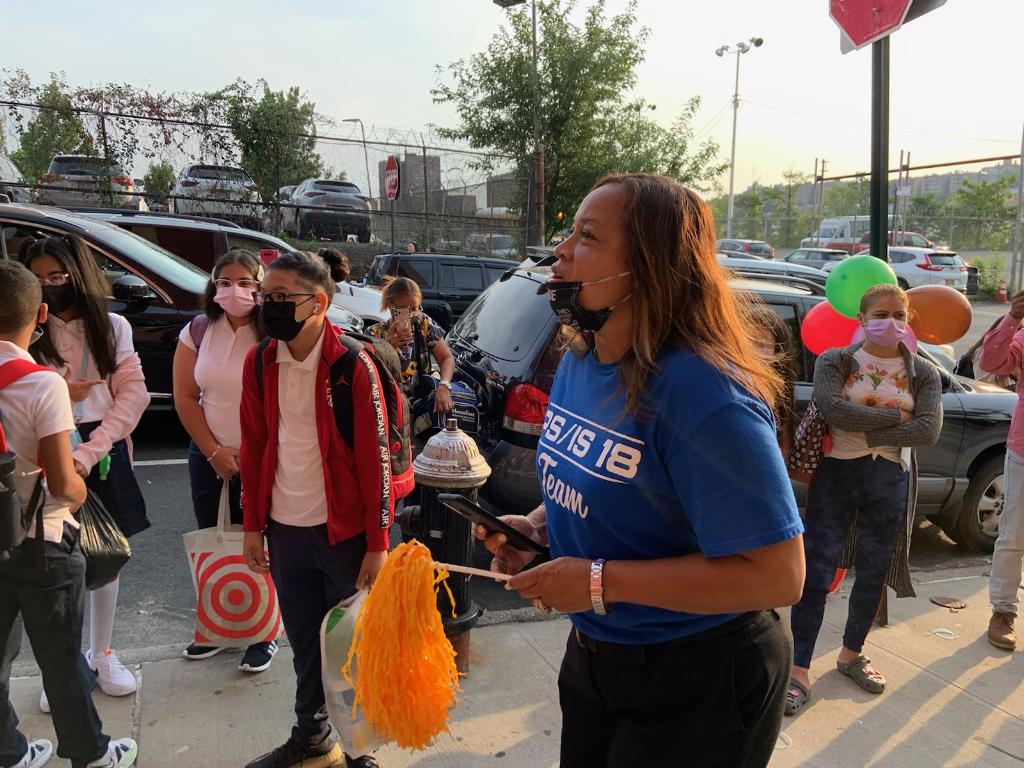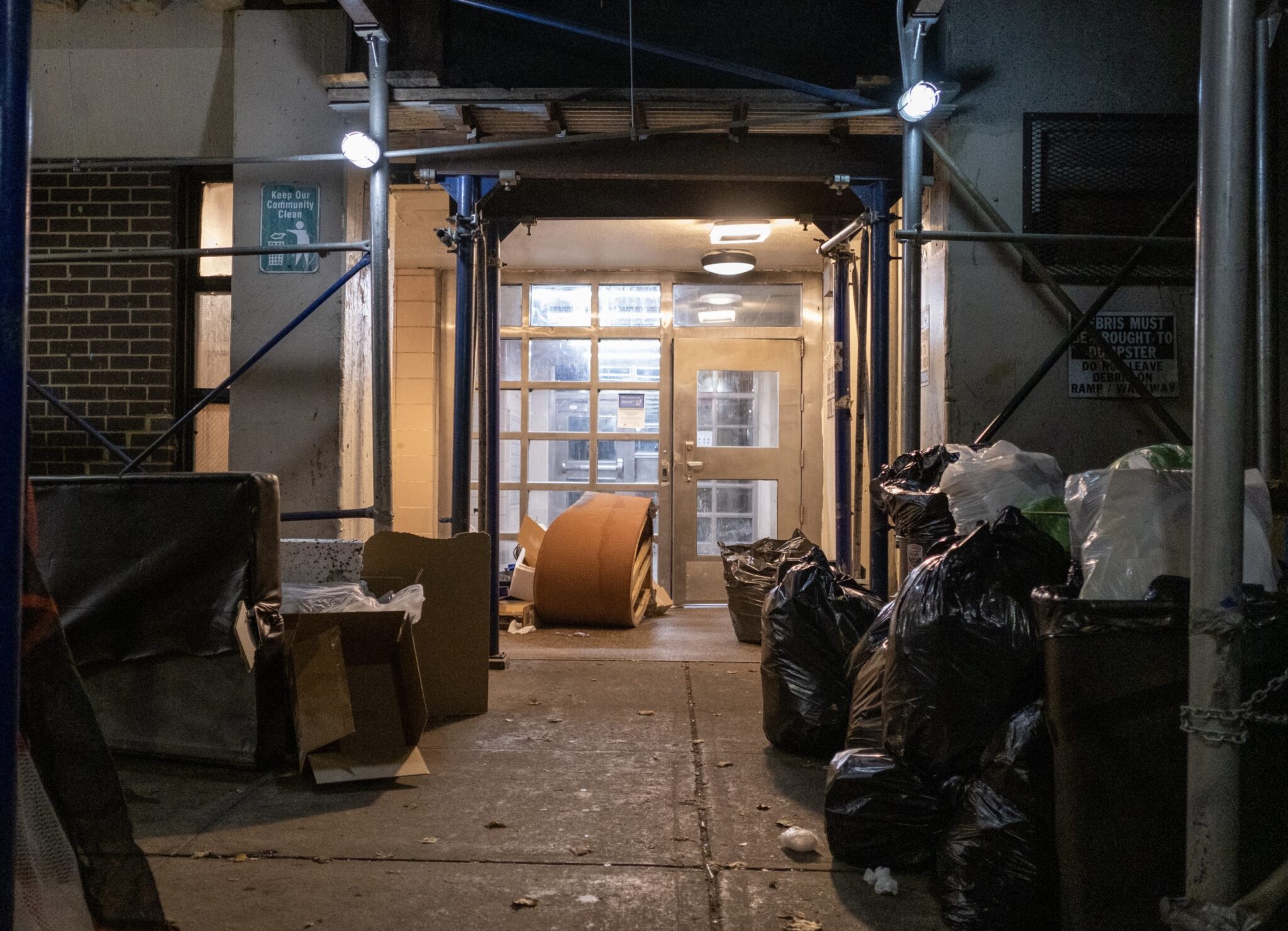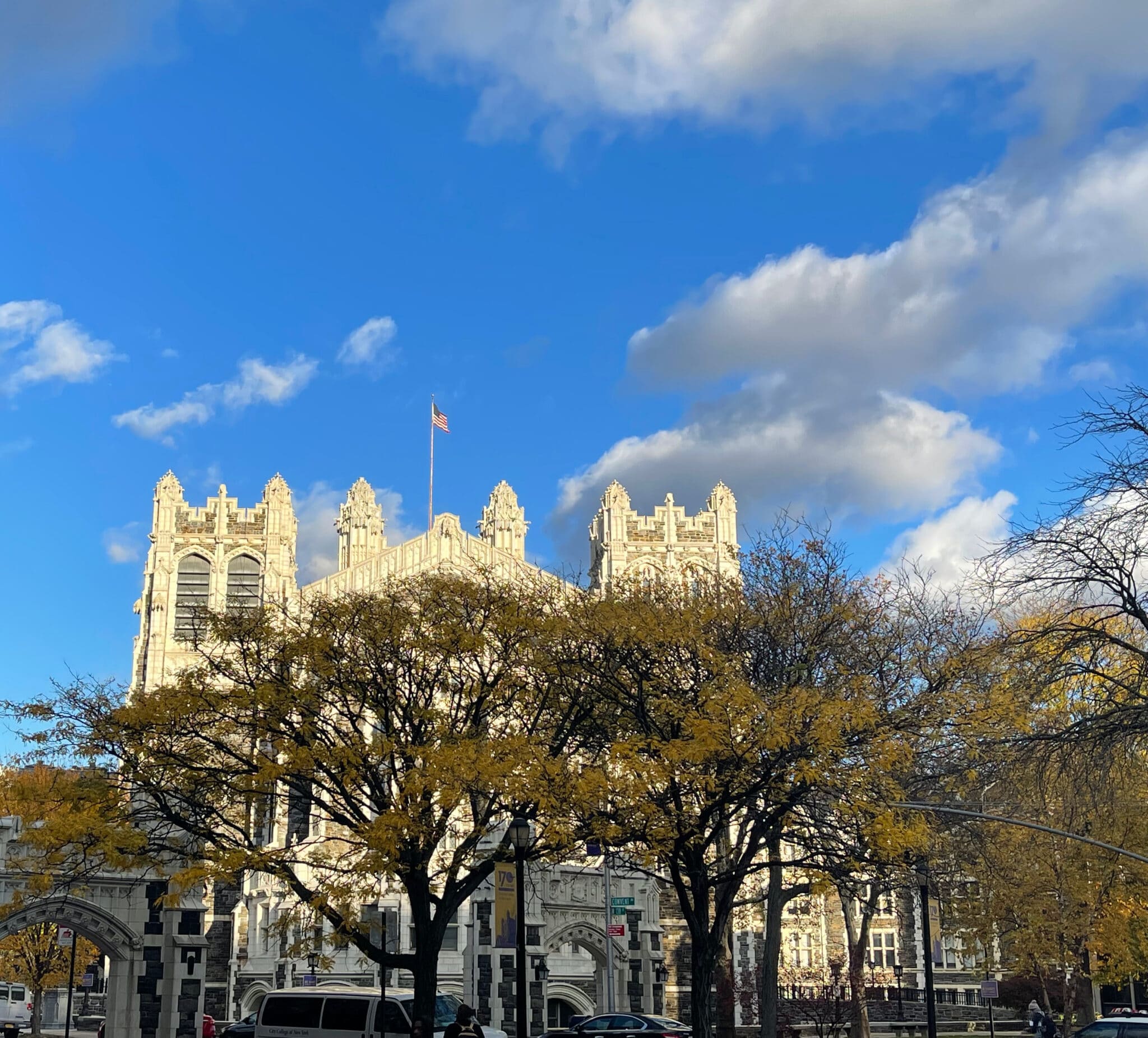Graduate students who work for their universities often help run the school but are often not compensated well. Photo by Chenyu Guan on Unsplash.
“Last year, I had to get a wisdom tooth extracted. So I waited to go back to Italy,” Niccolo Bigagli said. The Columbia University teaching assistant is an international student from Italy and a Ph.D. physics student, in his fourth year. He depends upon his Columbia salary to pay for everything, and his health insurance at Columbia doesn’t cover dental care.
He, like other graduate students in the Student Workers of Columbia-UAW union, has been on strike for six weeks as of early December, demanding better pay, health care benefits and third party arbitration against discrimination and sexual harassment. “We as graduate students are in large part running the university. They wouldn’t be able to function without us.” Most graduate students work as teaching or resident assistants. Some work as instructors, and they usually run most of the research projects at the university.
Niccolo thinks the way the university decides who earns what is unfair. Teaching assistants in some departments get a higher salary than assistants in other departments. “I am among the highest-paid students because I am in the physics department, which is extremely unfair because I know that some other students get paid less for the same or even more amount of work,” he said.
Many teaching assistants are international students. More than 17,000+ international students attend Columbia, according to its website. Tamara Hache, a Ph.D. candidate from Argentina, said, “Most international students are usually in language departments, so we are instructors of record, which means we teach the whole class. It is different from teaching assistant positions. Sometimes we even design the syllabus for the class.”
Tamara said that her situation is precarious since Columbia is her safety net, employer, and landlord. Because she and other students refuse to work, the university is docking their pay. “Our visas and immigration status depends on Columbia, and they have a very cruel system in which if you owe them money, you can’t register for classes. So if you can’t register for classes, you lose your full-time student status, and furthermore your visa status,” Tamara said.
Some international students opted for living off-campus because they said Columbia housing was expensive. “Columbia University is one of the biggest landowners of New York. I had to pay $3,000 a month for a bedroom in a shared apartment. I moved out, and I now pay less money, so Columbia says that they subsidize their housing. That’s bullshit,” said Thomas Preston, an international student from London and German-department graduate student.
In addition to his position as a teacher, Preston has two side jobs to make a living wage. Preston said, “The way the graduate program is set up in terms of financial compensation, etc.—it’s designed for people who come from privileged backgrounds, who already have a safety net in place. If we change the program, we would be able to get a more diverse population into graduate school.”
Like Preston, Manuela Luengas, a Ph.D. an international student from Colombia works as a teaching fellow of Latin American and Iberian Cultures. She also juggles jobs. “There are several times where we have to do external jobs. Between that and teaching, I don’t have time to focus on my research and student work,” Manuela said.
Manuela worries because she has been spending money out of pocket to cover medical procedures. “I had a medical procedure in my uterus and paid some extra money which was hard to pay when you don’t earn enough money in Columbia,” Manuela said.
We asked Columbia for a statement and a spokesperson referred us to a website with the latest announcement from provost Mary C Boyce. “Until the strike ends, we will be doing all we can to support our undergraduate and graduate students, as well as faculty, directly affected by the disruption, while taking every reasonable step to find common ground with the student workers.” Provost Boyce wrote.
However, the union doesn’t think their demands have been entirely met at the bargaining sessions. The bargaining committee wrote on their website, “Columbia, duplicitous as ever, apparently expressed unwillingness to put in writing their movement on arbitration and harassment, as well as compensation, unless we express a similar willingness to radically adjust our proposals.”
The strike continues as of December 8. The Graduates Union and Columbia administrative negotiated on Thursday, December 6. The university wrote an update on the website about the Union’s response, “The Union has not offered counterproposals that address the substance of these provisions,” Provost Boyce wrote.
The Graduate Union, on December 3, accused Columbia of retaliation on their Union’s website. “Tonight we received an email from HR threatening to withhold some appointment letters for the Spring semester if we do not end our strike by December 10,” the bargaining committee wrote.
As the strike continues, more students from different departments, including undergraduate students, joined the protests. Niccolo said that the Union is also part of a bigger worker movement in the United States along with other colleges. “Universities have not considered giving protections and fair compensation to worker students for years and years, excusing themselves as only academic institutions. The workers’ contract is unreasonable, and striking is our last resource to make them hear our demands.”
Tags: CCNY Journalism Columbia University Cuny graduate student workers strike Student Journalism student workers Student Workers of Columbia-UAW The City College of New York The Graduates Union Union
